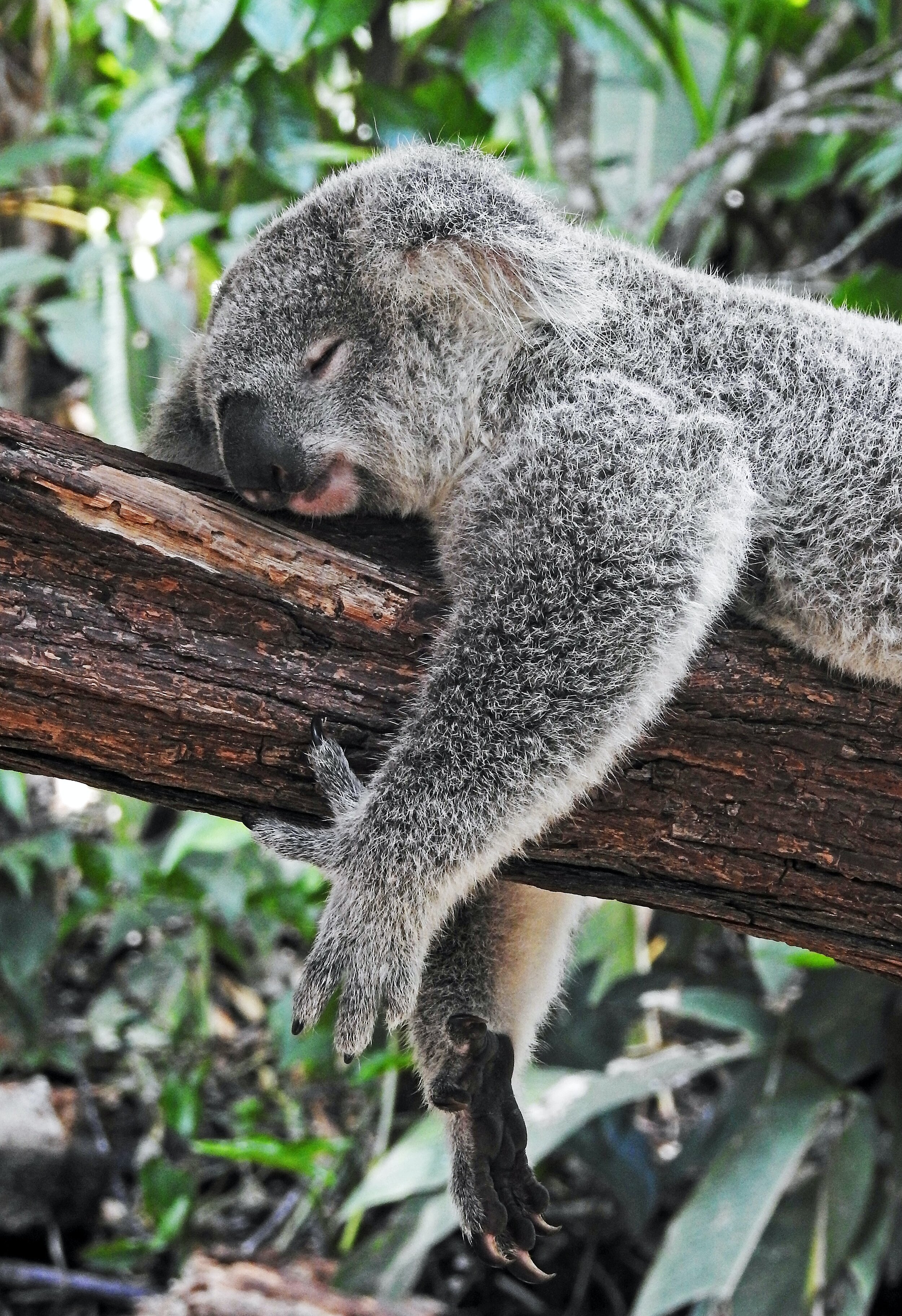Tricks to help you fall asleep
In modern North American culture its often portrayed that those who have the hardest work ethic will forgoe sleep to work during the night and get up early to beat the competition to the punch. We value their hard working mentality and sleep is just an obstacle in the way of their success. But is that the way we should look at it?
Sleep is the swiss army knife of health that many people dont utilize as much as they should. Sleep helps improve memory, increase energy, keep a healthy immune system, manage stress, improve mood, recover from injuries and workouts, add years to your life, among many other things.
If you want to have better sleep to take advantage of the most widely avaialbe, free resource to improve your health, check out the following tips that you can implement today:
1) Have a regular sleep schedule! This may be the most important one on the list. Going to bed at the same time and waking up at the same time everyday helps to set you biological clock. Its recommended that even if you had a dinner gathering with friends and you miss your normal bedtime to still wake up at the same time even if means missing out on some slomber time.
koalas apparently sleep over 20 hours a day. Fact or Fiction?
2) Stay cool! To incduce sleep we need to drop our core body temperature. One way to help do this would be to take a hot shower. Contrary to popular belief the benifits of taking a hot shower/ bath before bed doesnt come from the relaxation (although this may help as well) but its due to the fact that it causes your core body temperature to drop as your heated skin offloads the increased heat and your core temperature will plummet. Even wearing gloves and socks to direct your body temperature to your hands and feet will drive the core temperature down, helping again to fall asleep quicker. Its recommended to keep your room at roughly 18 degrees Celcius.
3) Limit caffeine and alcohol intake! Its important to set a caffeine curfew. The half-life of caffeine is 7 hours. That means that your 3pm pick me up cofee will still have half that amount circulating in your system at 10pm. So if you had one cup of coffee at 3pm, its as if you just drank half a cup of cofee right before your 10pm bed time. A 1pm limit could be a good idea to start with and see you it affects your individual case. Also, limiting alchol intake near bed time is recommended. Although alchol may make you feel sleepy, and actually fall asleep, it decreases sleep quality significantly. Research has shown that it depresses REM sleep, and the restorative phases of sleep.
4) Limit light exposure 1 hour before bed! This includes TV, smart phones, bright lamps and lights in your room. These lights are all stimulating your system and tricking them to think that it is daylight and that its time to stay awake. Also limit the light coming in from street lamps, try using blackout curtains to limit light coming in your bedroom.
5) Dont stay in bed if you cant fall asleep Get out of bed and change enviroment. Do something relaxing, and then when you feel tired enough you go back to your room and to your bed.
Look for future blog posts on how exercise affects sleep and what time during the day is ideal to do it, and how much sleep do we actually need per night.
The information in this post is inspired by the work Matthew Walker a proffessor of neuroscience at UC berkley, who is the author of the book Why we Sleep a New York Times best seller. (from JRE podcast and live better)
Physio Summum Brossard

